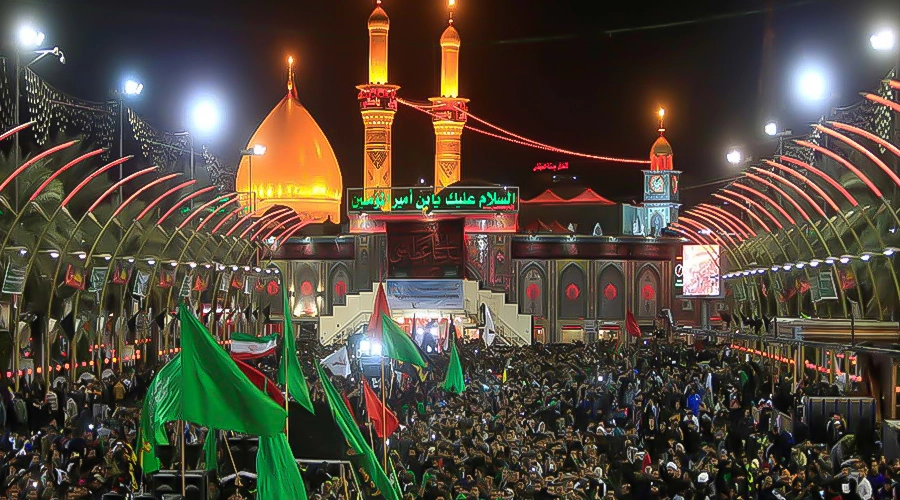According to Kental Travel, the 9th and 10th of Muharram, Tasua, and Ashura are Shia Muslims’ most significant days in Islamic history. These days commemorate Karbala’s tragedy and Imam Hussein’s martyrdom (AS). These days hold great significance for Shia Muslims because of the events that unfolded in 61 AH (Hijri calendar). Imam Hussein (AS) and his companions were martyred on the day of Ashura in Karbala while fighting against the army of Kufa led by Umar ibn Sa’ad. This tragic event deeply affected the people, and Shia Muslims have since dedicated this day to mourning and lamentation.
Every year, Shia Muslims engage in mourning rituals starting from the beginning of the month of Muharram. This day is a public holiday in the official calendars of Iran, Iraq, Afghanistan, Pakistan, and India. In almost all Arab countries, it is customary for Muslims, both Shia and Sunni, to go to the mosque, perform congregational prayers, observe fasting, and make vows on the days of Tasua and Ashura. Mourners, including women, men, and children from both Shia and Sunni backgrounds, observe fasting and walk barefoot in memory of the martyrs of Karbala, engaging in chest-beating and reciting elegies.
In Iran, each country region has its style and context for mourning and organizing mourning ceremonies. Holding mourning processions, reciting elegies, carrying flags and banners, and preparing votive meals are among the ceremonies held in Iranian cities.













